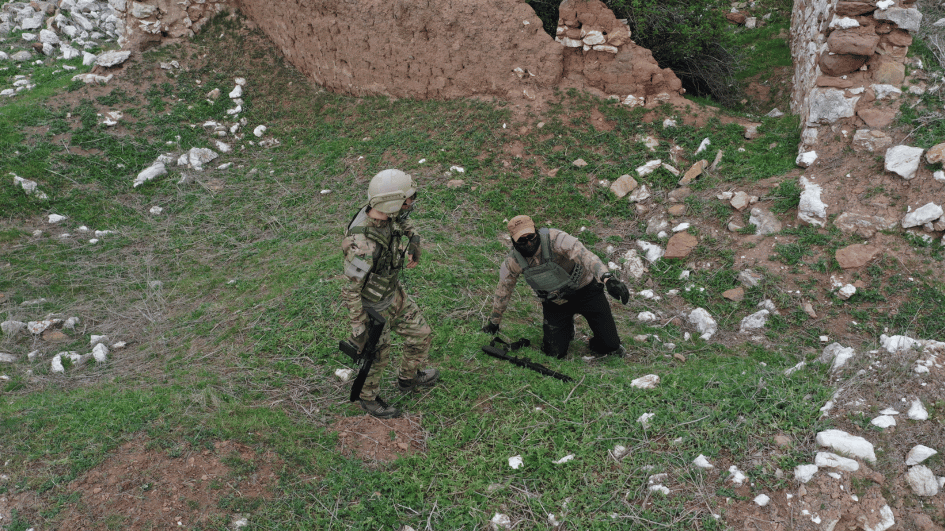Turkey’s post-nationalist journey
During his visit to Latvia last week, Turkish President Abdullah Gül put an emphasis on the country’s imperial past when talking about the ongoing process to resolve Turkey’s Kurdish problem. Even though Turkey is a nation state, he said, it could act with the reflex and self-confidence of an empire, which would enable the country to overcome its challenges, specifically the Kurdish question.
This echoed Prime Minister Recep Tayyip Erdoğan’s statements during a TV interview last week. When asked a question about the possibility of Turkey switching to a decentralized system, he said the Ottoman Empire was comfortably able to function with such a system and gave the province of Lazistan on the Black Sea shore and the province of Kurdistan in southeastern Turkey as examples. Accordingly a decentralized system and the unitary structure could coexist.
The statements of the two political leaders came in the aftermath of the Nevruz (the traditional spring festival) message of the jailed leader of the outlawed Kurdistan Workers’ Party (PKK), Abdullah Öcalan. It could be read as a post-nationalist text, saying that the creation of geographies based on ethnicity and a single nation is an inhuman fabrication of modernity. His reference to Islam gave his message an even more supra-nationalist tone. Talking about a new future and a new Turkey, he referred to the 1,000-year-long coexistence of Turks and Kurds under the flag of Islam based on brotherhood and solidarity. He sounded like he was trying to put forward religion as the main glue between the two peoples. Since his message was prepared through a long and delicate negotiation with Erdoğan’s most trusted aides, the symmetry between the statements must be no surprise.
These all underline the political leaders’ realization of their need to transcend the nationalist ethos in order to solve the Kurdish question. Preparing the new Constitution, the concept of citizenship is already being reformulated to accommodate Turkey’s new relationship with the Kurds, not only at home, but also in the region. As David Gardner argued in his article in Financial Times last week, the solution to the Kurdish question could dissolve the boundaries set by the Sykes-Picot agreement of 1916 between the British and the French and bring the region back to the Ottoman geography. The domestic post-nationalist restructuring would bring along the flexibility to embrace the Iraqi and Syrian Kurds under Turkey’s sphere of influence. The traces of this strategy were included in Öcalan’s message when he said the peoples of the Middle East are awakening, creating a new order in the region.
The mindset of the Turkish people, however, is still the same. Their perceptions are still shaped by the inflexible territorial nation state. Given the strength and stubbornness of national identity, which gets even stronger through the ongoing peace process, it will become increasingly problematic to maintain a balance between the political rhetoric and ambitions on the one hand and the people’s aspirations on the other. Only a transformation in the prevailing mindset could usher in a better future, which is just around the corner.











